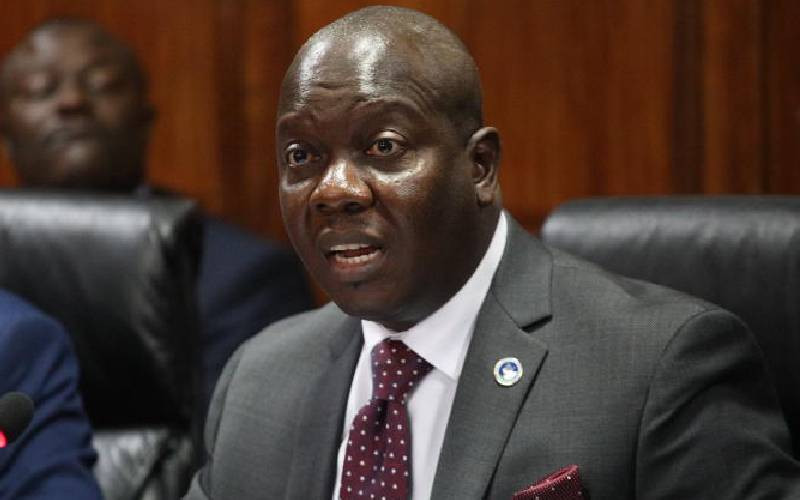
The Arror and Kimwarer Sh63 billion corruption case has been causing a stir in the halls of justice lately. From the opinions of the trial magistrate at the Anti-Corruption Court and Justice Nixon Sifuna, who handled a request by the prosecution for the trial magistrate to recuse herself, the court has formed the opinion that the ODPP is actively sabotaging the case, much to the dismay of the anti-corruption advocates.
The controversy took hold after several state witnesses were bonded and appeared in court for their testimony, only for the prosecution to declare that they had no questions for them oddly. So far, 24 witnesses have appeared in court without testifying despite strong reprimands from the magistrate, who seemed perturbed by the emerging pattern.